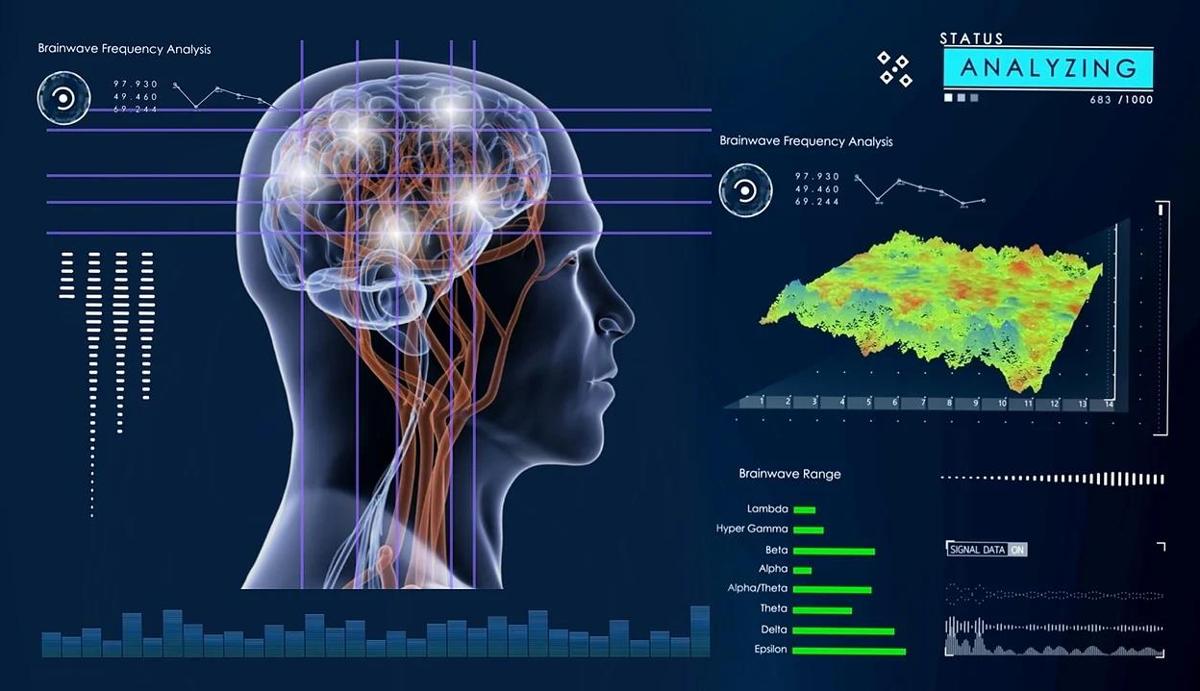

Sections
Highlight

Human beings are very stubborn. Not only in the figurative sense, but also in the strictly physical sense. We have the head we have because of what goes on inside - simply put, our disproportionately oversized brain. The human brain is estimated to be seven times larger than that of any other mammal of similar body weight and three times more voluminous than that of any other primate. As well as being large, the other most striking feature is how greedy it is for energy. At just 2% of our total body weight - just over a kilo - it uses up to 20% of the energy we consume.
Feeding this fabulous machine has been an evolutionary challenge. There are several theories that try to explain it. The most widespread proposes that the way to solve this great problem was to turn us into carnivores. The length of the digestive tract depends on the food it processes. In the case of herbivores, it is longer to extract as much goodness as possible from the vegetables they eat whereas, in the case of carnivores, it is shorter because meat, the protein, is more easily assimilated. In other words, given that not everything can be resolved, we are opting for the brain at the expense of the digestive system.
Cooking was added to this. Heating up food over a fire means that all its nutrients are absorbed whereas, if we eat it raw, we only absorb between 30 and 40% of its properties. All this happened approximately 1.8 million years ago and multiplied our brain mass by a factor of three.
Another hypothesis asserts that our brain mass grew to enable our ancestors to cope better with an increasingly complex life in society. A third points to ecology. These same ancestors, who lived as hunter-gatherers on the African savannah, had to forage for food as much to find it as to store and process it. According to the latter notion, the more inhospitable the environment around us and the more we must keep learning to overcome the obstacles it imposes beyond childhood, then the more the brain is stimulated to grow.
Now a study from Northwestern University in the US points to another culprit for creating that evolutionary leap: the microbiota in our gut, the millions and millions of microbes that live in our intestines and help us break down food and produce energy. "Our findings establish a causal role for gut microbiota in differences in metabolism and suggest that it may have been an important facilitator of the metabolic changes during human evolution that supported encephalisation [growth in brain mass]," state the study's authors.
The scientists implanted mice with microbes from two species of large-brained primates - ours and those of the squirrel monkey, a 30-centimetre tall, half-kilo animal that lives in South America - and one species of comparatively small-brained primates - the macaque - and they measured changes in the rodents' physiology. They looked especially at weight gain, fat percentage, glucose levels and the functioning of their livers. The result is that the rodents in the first group produced and used more energy, a surplus that they used to produce glucose - blood sugar - which is what the brain feeds on. Those in the second group tended to accumulate fat.
They also saw another striking result. Mice with microbes from species with large brains showed "biological similarities" even though we are not close relatives of squirrel monkeys. How to explain it? "These findings suggest that when humans and squirrel monkeys separately developed larger brains, their microbial communities changed in similar ways to help provide the necessary energy," state the researchers.
While it remains to be confirmed whether our bugs were so important in the growth of our brains over time, there is no doubt about their importance to our health in modern life. It is widely known that, when they are in good condition, they help us defend ourselves against infection, they are essential in neurological development and they can even alter our mood. It is worth knowing that 90-95% of serotonin, the neurotransmitter associated with emotions, is produced in our gut. When out of kilter it has been linked to diseases such as Alzheimer's and Parkinson's.
Publicidad
Publicidad
Publicidad
Publicidad
Esta funcionalidad es exclusiva para suscriptores.
Reporta un error en esta noticia
Comentar es una ventaja exclusiva para registrados
¿Ya eres registrado?
Inicia sesiónNecesitas ser suscriptor para poder votar.